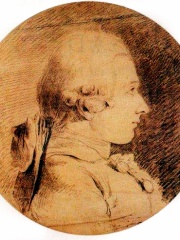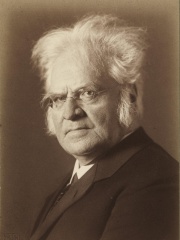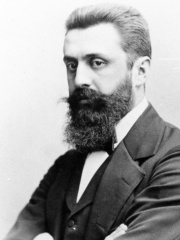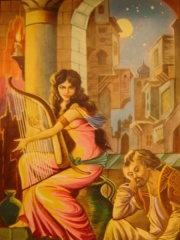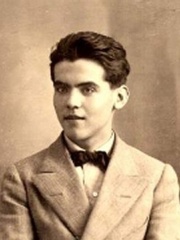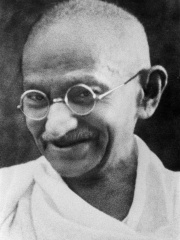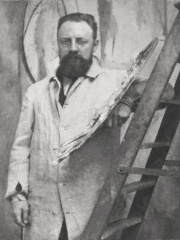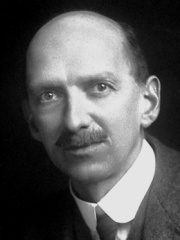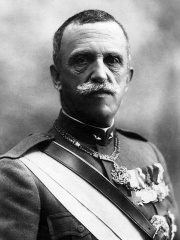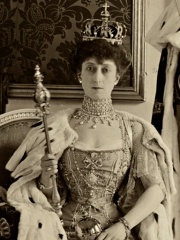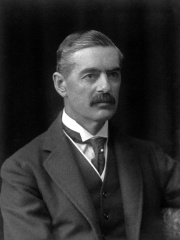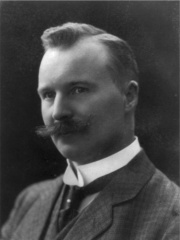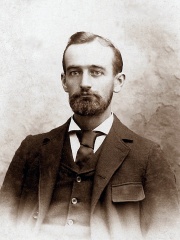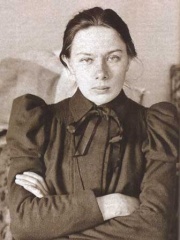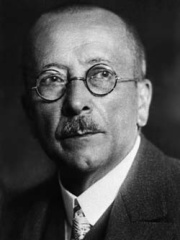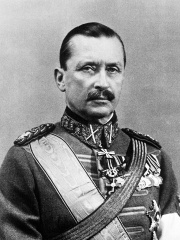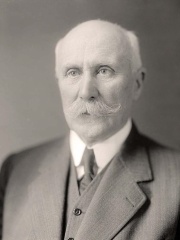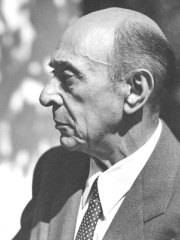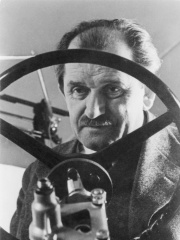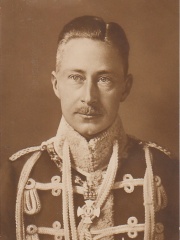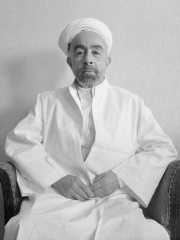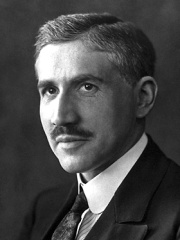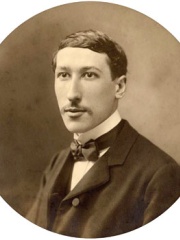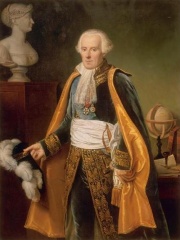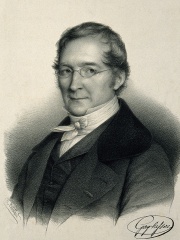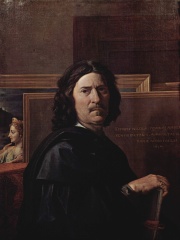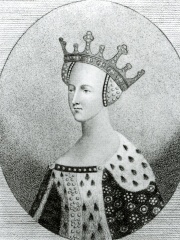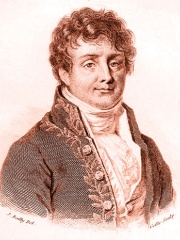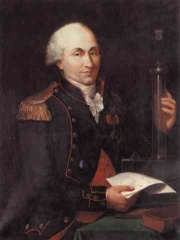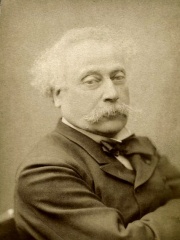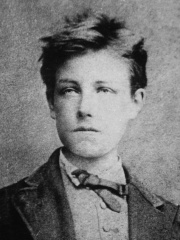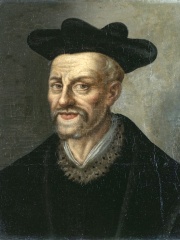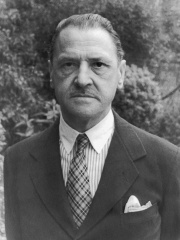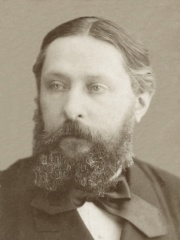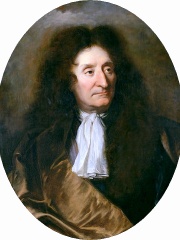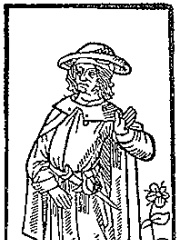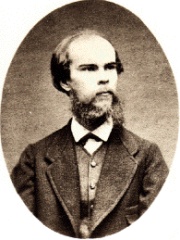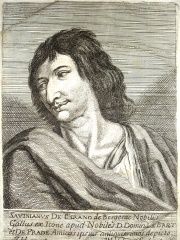Writer
André Gide
1869 - 1951
EN.WIKIPEDIA PAGE VIEWS (PV)

 André Gide
André Gide
His biography is available in 96 different languages on Wikipedia (up from 95 in 2024). André Gide is the 116th most popular writer (down from 106th in 2024), the 119th most popular biography from France (down from 104th in 2019) and the 26th most popular French Writer.
André Gide was a French author and winner of the Nobel Prize in Literature. His most famous work is the novel The Immoralist.
Memorability Metrics
Page views of André Gide by language
Among Writers
Among writers, André Gide ranks 116 out of 7,302. Before him are Aleksandr Solzhenitsyn, Marquis de Sade, José Saramago, Václav Havel, Anatole France, and Bjørnstjerne Bjørnson. After him are Theodor Herzl, Hafez, Rainer Maria Rilke, Ismail I, Mario Vargas Llosa, and Federico García Lorca.
Most Popular Writers in Wikipedia
Go to all RankingsAleksandr Solzhenitsyn
1918 - 2008
HPI: 81.48
Rank: 110
Marquis de Sade
1740 - 1814
HPI: 81.34
Rank: 111
José Saramago
1922 - 2010
HPI: 81.32
Rank: 112
Václav Havel
1936 - 2011
HPI: 81.32
Rank: 113
Anatole France
1844 - 1924
HPI: 81.25
Rank: 114
Bjørnstjerne Bjørnson
1832 - 1910
HPI: 81.19
Rank: 115
André Gide
1869 - 1951
HPI: 81.05
Rank: 116
Theodor Herzl
1860 - 1904
HPI: 81.04
Rank: 117
Hafez
1325 - 1389
HPI: 80.96
Rank: 118
Rainer Maria Rilke
1875 - 1926
HPI: 80.94
Rank: 119
Ismail I
1487 - 1524
HPI: 80.93
Rank: 120
Mario Vargas Llosa
1936 - 2025
HPI: 80.93
Rank: 121
Federico García Lorca
1898 - 1936
HPI: 80.92
Rank: 122
Contemporaries
Among people born in 1869, André Gide ranks 5. Before him are Mahatma Gandhi, Henri Matisse, Grigori Rasputin, and Charles Thomson Rees Wilson. After him are Victor Emmanuel III of Italy, Maud of Wales, Neville Chamberlain, Gustaf Dalén, Frederick Trump, Nadezhda Krupskaya, and Fritz Pregl. Among people deceased in 1951, André Gide ranks 3. Before him are Ludwig Wittgenstein, and Carl Gustaf Emil Mannerheim. After him are Philippe Pétain, Arnold Schoenberg, Ferdinand Porsche, Wilhelm, German Crown Prince, Arnold Sommerfeld, Abdullah I of Jordan, Otto Fritz Meyerhof, René Guénon, and Hermann Broch.
Others Born in 1869
Go to all RankingsMahatma Gandhi
SOCIAL ACTIVIST
1869 - 1948
HPI: 97.71
Rank: 1
Henri Matisse
PAINTER
1869 - 1954
HPI: 86.28
Rank: 2
Grigori Rasputin
OCCULTIST
1869 - 1916
HPI: 85.15
Rank: 3
Charles Thomson Rees Wilson
PHYSICIST
1869 - 1959
HPI: 82.58
Rank: 4
André Gide
WRITER
1869 - 1951
HPI: 81.05
Rank: 5
Victor Emmanuel III of Italy
POLITICIAN
1869 - 1947
HPI: 80.05
Rank: 6
Maud of Wales
COMPANION
1869 - 1938
HPI: 79.92
Rank: 7
Neville Chamberlain
POLITICIAN
1869 - 1940
HPI: 78.91
Rank: 8
Gustaf Dalén
PHYSICIST
1869 - 1937
HPI: 76.84
Rank: 9
Frederick Trump
EXTREMIST
1869 - 1918
HPI: 76.82
Rank: 10
Nadezhda Krupskaya
POLITICIAN
1869 - 1939
HPI: 76.76
Rank: 11
Fritz Pregl
CHEMIST
1869 - 1930
HPI: 76.46
Rank: 12
Others Deceased in 1951
Go to all RankingsLudwig Wittgenstein
PHILOSOPHER
1889 - 1951
HPI: 83.27
Rank: 1
Carl Gustaf Emil Mannerheim
POLITICIAN
1867 - 1951
HPI: 81.28
Rank: 2
André Gide
WRITER
1869 - 1951
HPI: 81.05
Rank: 3
Philippe Pétain
POLITICIAN
1856 - 1951
HPI: 81.00
Rank: 4
Arnold Schoenberg
COMPOSER
1874 - 1951
HPI: 79.61
Rank: 5
Ferdinand Porsche
DESIGNER
1875 - 1951
HPI: 78.49
Rank: 6
Wilhelm, German Crown Prince
POLITICIAN
1882 - 1951
HPI: 76.73
Rank: 7
Arnold Sommerfeld
PHYSICIST
1868 - 1951
HPI: 75.11
Rank: 8
Abdullah I of Jordan
POLITICIAN
1882 - 1951
HPI: 75.10
Rank: 9
Otto Fritz Meyerhof
PHYSICIAN
1884 - 1951
HPI: 74.48
Rank: 10
René Guénon
WRITER
1886 - 1951
HPI: 73.00
Rank: 11
Hermann Broch
WRITER
1886 - 1951
HPI: 71.16
Rank: 12
In France
Among people born in France, André Gide ranks 119 out of NaN. Before him are Marquis de Sade (1740), Pierre-Simon Laplace (1749), Pope Innocent VI (1282), Anatole France (1844), François Mitterrand (1916), and Joseph Louis Gay-Lussac (1778). After him are Nicolas Poussin (1594), Philippe Pétain (1856), Catherine of Valois (1401), Joseph Fourier (1768), Charles-Augustin de Coulomb (1736), and Philip II of France (1165).
Others born in France
Go to all RankingsMarquis de Sade
WRITER
1740 - 1814
HPI: 81.34
Rank: 113
Pierre-Simon Laplace
MATHEMATICIAN
1749 - 1827
HPI: 81.34
Rank: 114
Pope Innocent VI
RELIGIOUS FIGURE
1282 - 1362
HPI: 81.33
Rank: 115
Anatole France
WRITER
1844 - 1924
HPI: 81.25
Rank: 116
François Mitterrand
POLITICIAN
1916 - 1996
HPI: 81.24
Rank: 117
Joseph Louis Gay-Lussac
CHEMIST
1778 - 1850
HPI: 81.21
Rank: 118
André Gide
WRITER
1869 - 1951
HPI: 81.05
Rank: 119
Nicolas Poussin
PAINTER
1594 - 1665
HPI: 81.04
Rank: 120
Philippe Pétain
POLITICIAN
1856 - 1951
HPI: 81.00
Rank: 121
Catherine of Valois
COMPANION
1401 - 1437
HPI: 80.98
Rank: 122
Joseph Fourier
MATHEMATICIAN
1768 - 1830
HPI: 80.98
Rank: 123
Charles-Augustin de Coulomb
PHYSICIST
1736 - 1806
HPI: 80.87
Rank: 124
Philip II of France
POLITICIAN
1165 - 1223
HPI: 80.85
Rank: 125
Among Writers In France
Among writers born in France, André Gide ranks 26. Before him are Alexandre Dumas fils (1824), Arthur Rimbaud (1854), François Rabelais (1494), W. Somerset Maugham (1874), Marquis de Sade (1740), and Anatole France (1844). After him are Sully Prudhomme (1839), Jean de La Fontaine (1621), François Villon (1431), Jean Cocteau (1889), Paul Verlaine (1844), and Cyrano de Bergerac (1619).
Alexandre Dumas fils
1824 - 1895
HPI: 81.76
Rank: 20
Arthur Rimbaud
1854 - 1891
HPI: 81.74
Rank: 21
François Rabelais
1494 - 1553
HPI: 81.73
Rank: 22
W. Somerset Maugham
1874 - 1965
HPI: 81.60
Rank: 23
Marquis de Sade
1740 - 1814
HPI: 81.34
Rank: 24
Anatole France
1844 - 1924
HPI: 81.25
Rank: 25
André Gide
1869 - 1951
HPI: 81.05
Rank: 26
Sully Prudhomme
1839 - 1907
HPI: 80.51
Rank: 27
Jean de La Fontaine
1621 - 1695
HPI: 80.50
Rank: 28
François Villon
1431 - 1463
HPI: 80.47
Rank: 29
Jean Cocteau
1889 - 1963
HPI: 80.33
Rank: 30
Paul Verlaine
1844 - 1896
HPI: 80.12
Rank: 31
Cyrano de Bergerac
1619 - 1655
HPI: 79.80
Rank: 32

